For years concert promoter Para Rajagopal has been telling anyone who would listen that the live entertainment scene can help generate revenue for the country and help revitalise the economy in a big way.
The Arts, Live Festivals and Events Association (ALIFE) chairperson is not unjustified in his view, needing only to point north at Thailand and south across the causeway to Singapore.
Both countries have been reaping huge rewards through their vibrant entertainment scene with major entertainment acts performing there. It is not only concert promoters who make money, but security firms, hotels, the food industry, tourism and transportation.
However, he points out that there are parties out to thwart these efforts, such as politicians trying to gain political mileage.
Para recently retorted to local preacher PU Syed’s Instagram post on Jan 24 that called for the BlackPink concert scheduled in March to be cancelled. Syed has been protesting concerts being held in Malaysia since late last year. His reasoning is that concerts help spread immoral behaviour.
ALIFE is calling upon Communications and Digital Minister Fahmi Fadzil to put a stop to extremist culture, which is going to erode and derail the agenda of the present government in rebuilding Malaysia as an inclusive and harmonious country respected on the international stage by its peers in the region and the world.
Allowing extreme views and calls for banning international events are damaging on many levels as this news travels very fast and gives the wrong impression about the country and its government.
Tourism, Arts and Culture Minister Tiong King Sing made a bold statement recently on extremist culture sending our nation backward, and Para fully applauds and praises his political will to begin his effort to weed out extremism in our country.
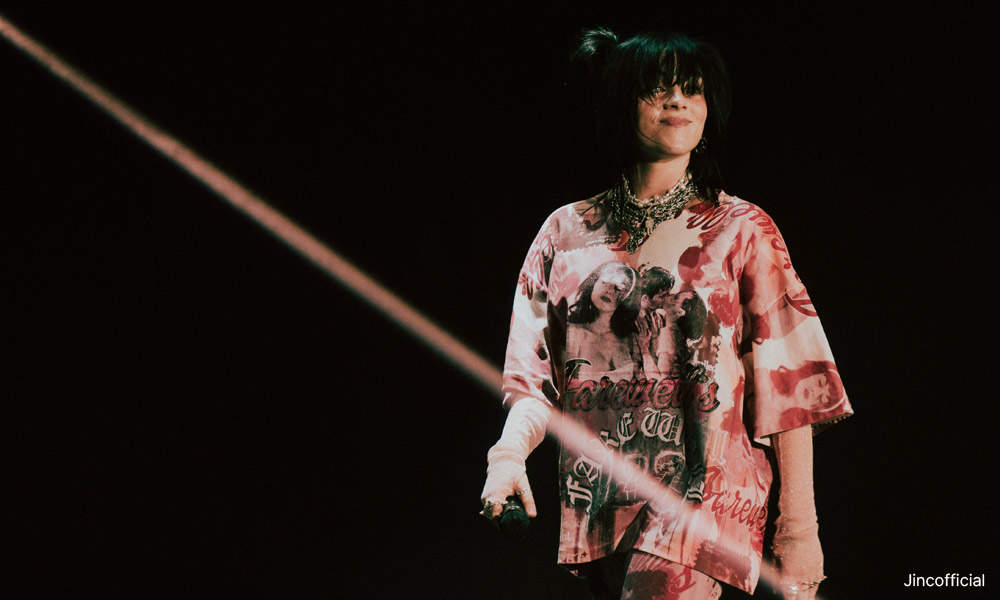
Like many other entertainment-related industries, the live entertainment industry took a huge hit during the Covid-19 pandemic in 2020 and only reopened in June 2022.
“It was quite overwhelming when we started our international shows with a Malaysian,” said Para referring to comedian Nigel Ng aka Uncle Roger. He believes that due to Malaysians' thirst for live entertainment, tickets to the show were sold out.
“Overall, the industry is very much alive and kicking, and we are doing very well. It is back to the pre-pandemic numbers. Some shows are doing even better than pre-pandemic shows. I think that after the pandemic, the demand for live events is high.”
Para believes that post-pandemic created this emotional response amongst fans.
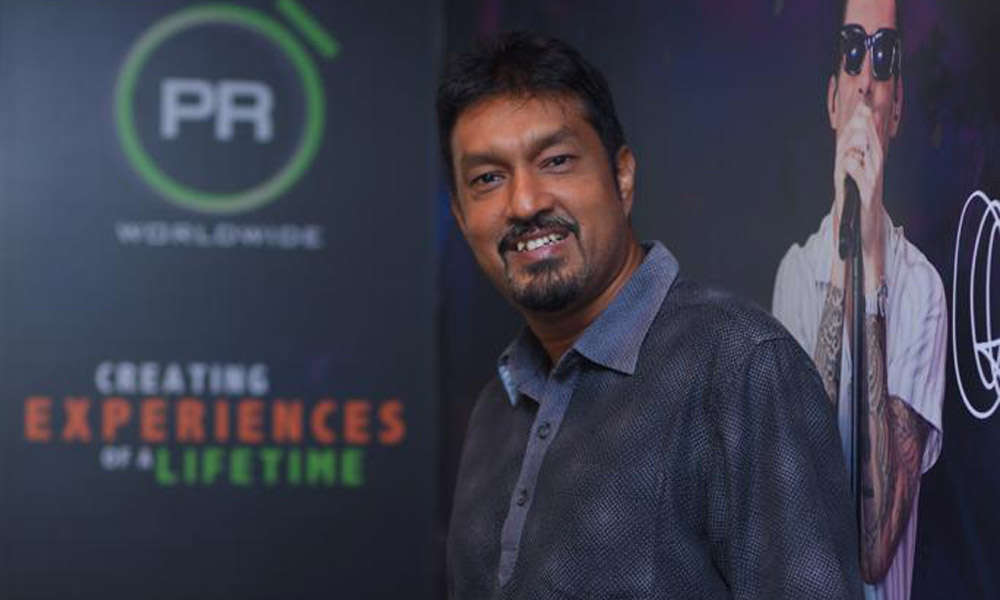
Just this past week, the 'AR Rahman: Secret of Success Live in Malaysia 2023' concert at the Bukit Jalil National Stadium was a sellout sensation in which famed Malaysian singer Siti Nurhaliza also rendered a Tamil song at the Oscar winner’s concert.
Tax is a grey area
There were tax exemptions given to the entertainment industry in 2022, but that was for live entertainment such as concerts.
The collection of entertainment tax falls under the jurisdiction of the local authority in the respective states, and currently, the entertainment tax in Malaysia is 25 percent.
“Tax exemptions help, but we are in a grey area - on whether we will get tax exemptions or not,” Para explained.
There was a tax exemption given in 2022, but Para said that they were informed that live events will still be imposed a 25 percent entertainment tax.
Due to the pandemic, the government decided to provide tax exemptions for industries that were badly affected, such as theme parks, cinemas and others within the entertainment ecosystem.
Tengku Zafrul Abdul Aziz, who was the finance minister during the pandemic, came out and said during the Budget presentation that for 2022, all entertainment events would be exempted from entertainment tax.
Para pointed out that the minister could only speak for the federal level.
“The individual states have their prerogative if they want to follow the federal guidelines, but none followed them."
Para does, however, note that the 25 percent tax on concerts will hurt the industry. By comparison, in Singapore, the tax range is only between five and seven percent.
He admits there was initial apprehension that the crowds will not throng concerts and live events because of Covid-19 (the idea of being in a large crowd, near others.)
“As soon as people realised there was more to live events than being in fear all the time, they also realised that we need these types of social engagements and events to feel that we are human. That itself shows the very essence of what our entertainment industry can contribute to mankind.
"We play a bigger role than just entertaining people. We provide meaning to life. What we need is a bit of clarity on how this industry can progress from here on, after the pandemic.”
Para had his share of headaches with certain parties trying to ban concerts, losing venues at the last minute and so on.
Alignment and communications
There was also the recent brouhaha over the Jay Chou concert that suffered from scheduling conflicts with the Asean Football Federation Cup (AFF) 2022 semi-finals.
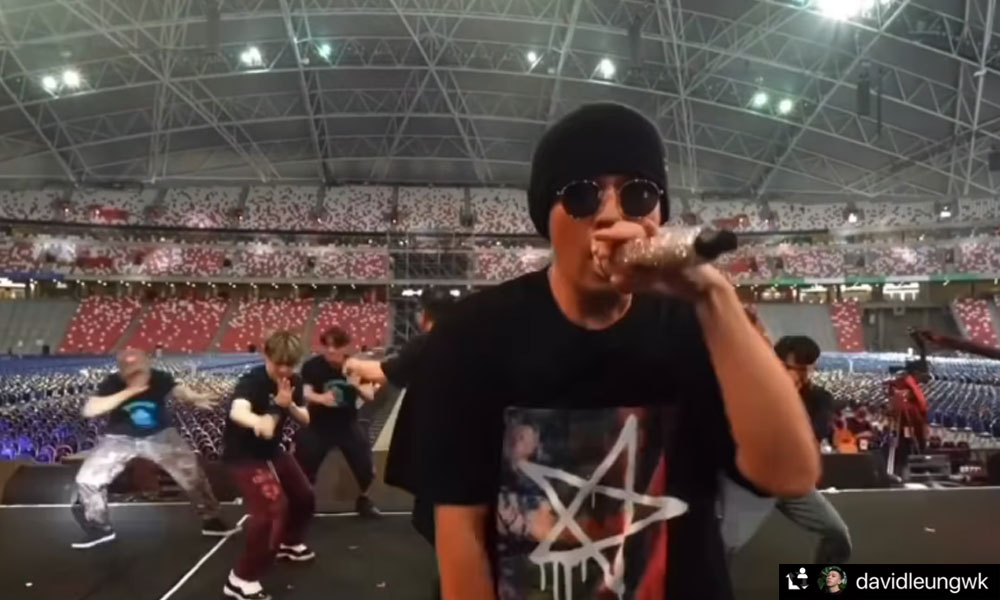
Due to the concert, 21,000 seats were left vacant for installing the concert stage and football fans were not pleased.
Para said that we are just coming out of a bad period and there needs to be a lot more alignment and communication among all parties, including concert venue managers, concert promoters, football associations and the public.
“The public perception is that the venue just blocked the concert between football games. They don’t understand the concert was an event rescheduled from 2019. The concert organisers booked the date in 2019 but had to move it to 2023.
"The venue is in a situation where they did not have any other choice but to allow football matches to be held at the same time. The whole idea was to accommodate the concert and football match at the same time. “
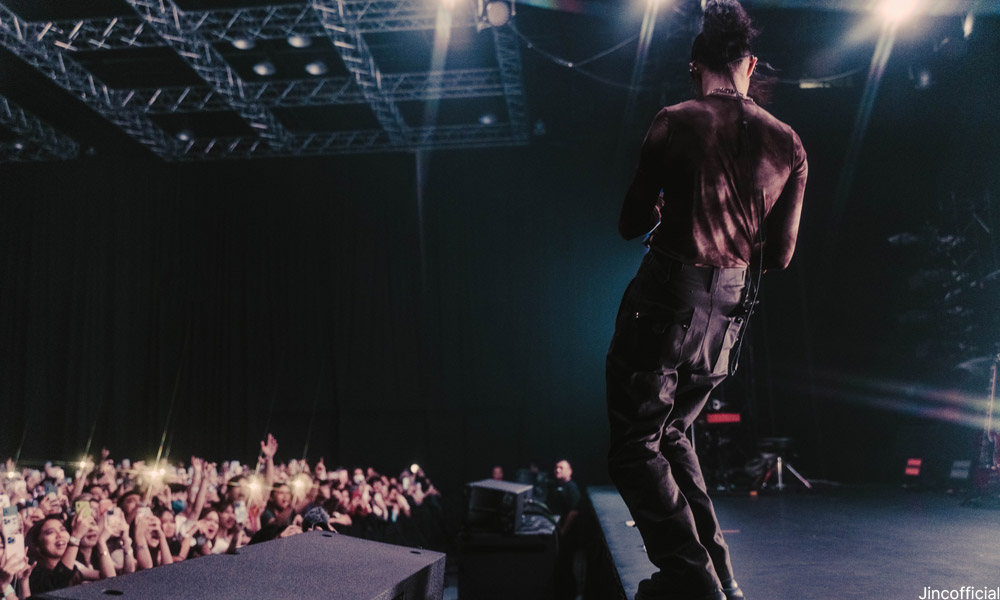
A football match is a national event and a concert is a commercial public event. Para said commercial events are what pay for staff and maintenance of these venues.
"The rental rates to sports associations are about one-quarter of what is charged for commercial events. We are lucky to have a sensible minister (Youth and Sports Minister Hannah Yeoh ) who understood the situation and said that the venue had already been pre-booked for the Jay Chou concert. We could not simply cancel. “
Para said that if the concert was cancelled, the promoter would have to bear all the losses.
"Add to that the pandemonium that comes with refunding tickets already purchased and rescheduling the artiste.
“Sometimes you need to be confronted by these conflicts to understand how this industry works. I feel that there is a very good opportunity for the live event industry to flourish if all concerned parties can collaborate, cooperate and create opportunities – commercial, partnerships or economic - making Malaysia an international hub or destination for commerce, events or lifestyle,“ Para envisioned.
Veterans in the industry have been trying to lobby for change in how the government views the live entertainment scene. Para still clings to this hope, even though governments and ministers change.
He still sees a glimmer that something will be done to improve the situation someday. Despite having dialogues with ministers, none of which needs to be done to help the industry has ever been tabled in Parliament or made into law.
“We have to stay firm and remain hopeful that we will get there somehow.’
“Having said that, in the last six months alone the industry alone has easily promoted 100 to 200 events of all genres. For performances in Tamil, Hindi, Chinese, Korean, Arabic and Western. The venues are back in business and people are enjoying themselves. There is so much life in Malaysia now, especially in Kuala Lumpur, “ Para elaborated.
Good for economy
Para views the economics of live events to be far-reaching. Hotels and show venues will get booked. People will need food and so restaurants and caterers will get more business. Then you have security firms that need to be hired.
“There are so many levels of manpower needed. When everyone gets money in their pocket, they spend it. When money circulates, that is good for the economy.”
Para is a bit more optimistic with the current government seeing it as more forward-thinking and perhaps more inclusive.
The other issue concert promoters have to face are certain groups often calling for bans on concerts featuring female artistes who are deemed sexy, even though they are modestly dressed for their concerts here. However, in the recent Billie Eilish concert, the 21-year-old singer, whom one would hardly refer to as sexy ,received backlash as well.
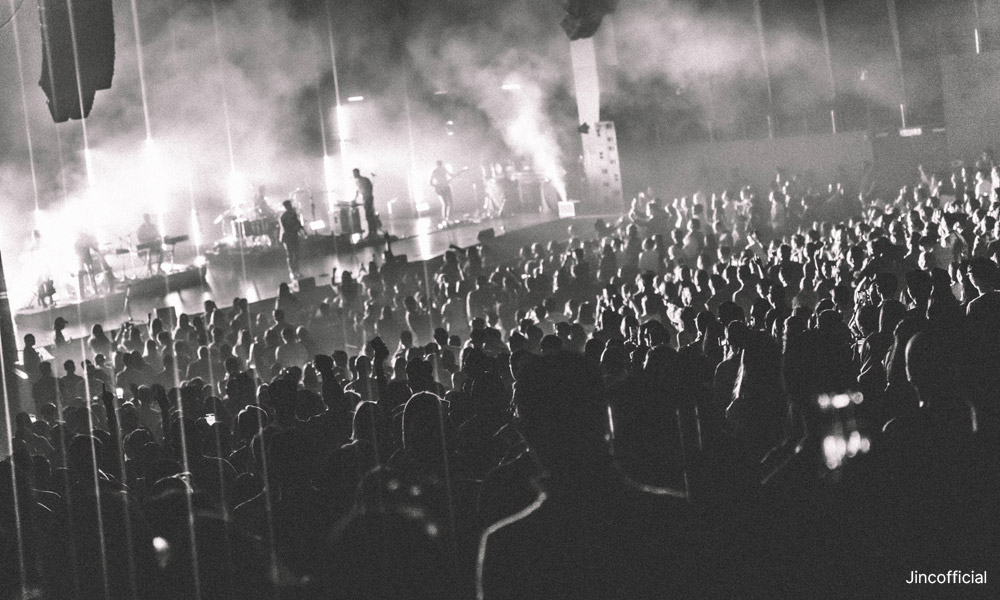
Para said that foreign artistes (especially those from the West) are viewed as preparators of LGBT cultures.
“The extreme views are everywhere,” Para noted. While these foreign artistes do not promote the LGBT culture during their shows here, they could be LGBT supporters in their own countries.
Engagements with ministries concerned took place during the pandemic, but these centred more on trying to save the industry and also trying to revive it.
They managed to come through, despite being categorised as a non-essential industry.
“We had to make presentations to them, saying that every professional is essential whether you are a singer or a sound engineer. You can't tell a singer who has been singing for the last 20 years to go do something else.
"It is not easy. A lot of artistes were affected by the loss of income during the pandemic. Many even sold their houses and musical instruments. I had a friend who had to go to a soup kitchen," he lamented.
Para said that their plights which were highlighted in the press helped open things up.
When Justin Bieber's concert was announced in March 2021, even Singapore was not sure if they were ready to completely open up the live entertainment scene again
“In a way, the industry helped normalise things. We don’t have many functional venues with proper venue management, parking services and the whole works," Para said.
He said to have proper concert venues, many things must fall into place. These include public transportation access, sanity requirements being fulfilled and so on.
He cited the KL Convention Centre, which is run perfectly by a private management company. Perhaps that is how it should be for all venues.
“It is like the whole orchestra playing the same tune,” said Para referring to how a good concert venue should be. - Mkini



No comments:
Post a Comment
Note: Only a member of this blog may post a comment.